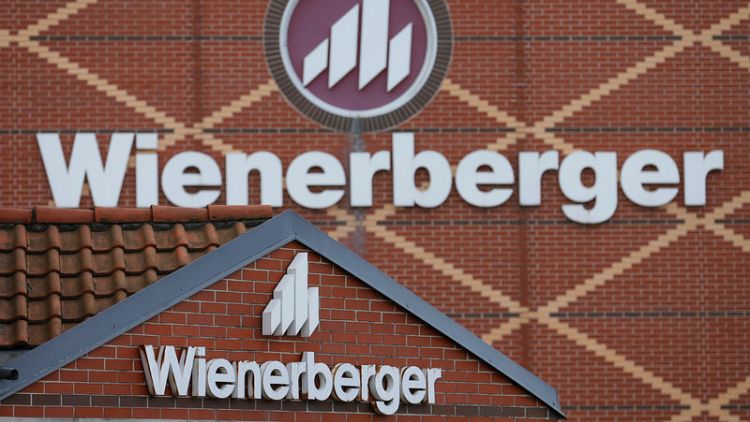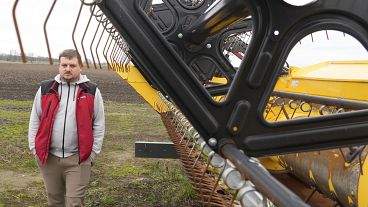VIENNA (Reuters) - Brickmaker Wienerberger said on Wednesday that efficiency measures and new accounting rules should help it increase its 2019 core profit by at least 19 percent despite largely stable residential housing and infrastructure markets.
Adjusted earnings before interest, tax, depreciation and amortisation (EBITDA) are expected to increase to 560-580 million euros (481-498 million pounds) from 469 million euros last year, the Austrian group said.
Its shares gained up to 5 percent in pre-market trade.
The 2019 target includes the first-time application of the IFRS 16 accounting standard, with a positive impact of around 41 million euros, it said. Efficiency measures are expected to contribute 40 million euros.
The group is in the midst of upgrading production processes at all sites, enhancing energy efficiency, optimising its purchasing processes and distribution arrangements.
The world's largest brickmaker, which has expanded in eastern Europe and the United States in recent months, said it was working on "a highly attractive deal pipeline" and expected to "move ahead on a number of M&A opportunities".
LOW VISIBILITY IN BRITAIN
Wienerberger said market visibility for residential construction in Britain, its largest single market that generates 10 percent of group revenue, was low due to the difficult divorce process from the European Union.
"To date, the atmosphere of profound political uncertainty has not yet had a noticeable impact on our UK markets or on demand for building materials," the group said in a statement.
It said it increased revenue and earnings of clay building materials in the country last year, helped by high demand for bricks for single-family homes.
"From today's perspective, we expect growth to continue, given the structural demand for housing and the prolongation of government subsidy programmes."
The group has said it has increased its stock in Britain to prepare for any challenges it may face in supplying the country following Brexit. However, it did not provide any details or listed additional costs.
(Reporting by Kirsti Knolle; Editing by Thomas Seythal and Mark Potter)



